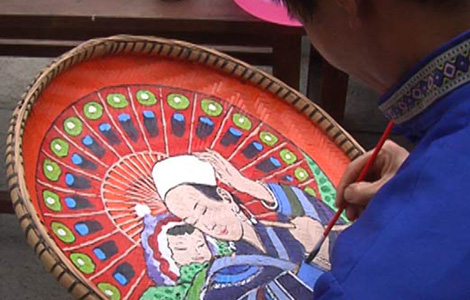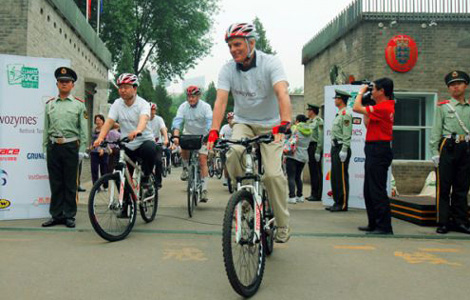China offers to provide peacekeepers to Mali
Updated: 2013-05-24 03:58
By ZHAO SHENGNAN (China Daily)
|
|||||||||||
China will play a constructive role as a part of international efforts to help Mali realize early ethnic reconciliation and stability in the face of many remaining challenges.
Foreign Ministry spokesman Hong Lei made the remarks on Thursday in response to media reports saying that China has offered to send more than 500 soldiers to the UN peacekeeping forces in Mali.
|
Timeline Turmoil in Mali • January 2012 Tuareg tribesmen, the desert nomads of North Africa, launched an offensive, attacking several northern towns in Mali. • August 2012 Prime Minister Cheick Modibo Diarra formed a new government of national unity to satisfy regional demands. • November 2012 The West Africa regional group ECOWAS agreed to a coordinated military expedition, with UN and African Union backing, to recapture the north. • December 2012 Diarra resigned. Malian acting President Dioncounda Traore appointed a presidential official, Django Sissoko, to succeed him. The UN and the United States threatened sanctions. • January 2013 Traore asked France for help. French troops rapidly captured main northern cities. European countries pledged to help retrain the Malian army. • April 2013 France began withdrawing troops. A regional African force helped the Malian army provide security. • May 2013 An international conference pledged $4 billion to help rebuild Mali. |
The move, if confirmed, marks China's biggest contribution to UN peacekeeping and aims to strengthen China-Africa security cooperation, which lags behind cooperation in the political and economic fields, observers said.
China supports the efforts of the Malian government, the United Nations and regional organizations to secure the country, and backs a full implementation of Security Council resolutions 2085 and 2100, Hong said at a daily news conference.
"Currently, the political and security situation in Mali has seen some progress, but it still faces a number of challenges to fundamentally solve the problems," he said.
France sent forces to the West African country in January and halted an advance by Islamist guerrillas that had controlled the northern half of the country for 10 months. But it hopes to hand that role over to UN peacekeepers in July.
More than 6,500 African troops are already in the country while the UN is looking for at least 3,000 more to bolster the force.
Li Wentao, an expert on Africa studies at the China Institutes of Contemporary International Relations, said the deployment, if true, shows China's willingness to better help Africa address its security concerns and to protect growing economic interests of Chinese investors there.
In 2012, China surpassed the United States and Europe as Africa's largest trading partner, with bilateral trade totaling $200 billion. More than 2,000 Chinese companies invested in Africa at the end of 2011, but they occasionally fell victims of violence.
Africa also welcomes Chinese involvement in its precarious security issues, which are difficult to handle by itself due to lack of money and capability, while they are often dominated by Western powers with a biased stance, said Li.
"In the future, China is likely to continue increasing its presence in Africa as a responsible major power with a more neutral stance in the field," he added.
China has not played a major role in diplomacy over Mali, while this step is a positive signal to regional powers in Africa, said Richard Gowan of New York University's Center on International Cooperation.
The final number of Chinese troops who will take part has yet to be decided as talks between UN leaders and China are not yet completed, but "it is a significant move by China", AFP cited UN diplomats as saying.
At least 155 of the Chinese troops are expected to be engineers, according to a UN official.
China contributed its first peacekeepers in 1992 and has since stepped up its presence, though they have not taken part in military operations. It currently has about 2,000 troops in missions around the world, more than the other four permanent UN Security Council members, the US, Russia, Britain and France.
AFP contributed to this story.
Related Stories
Donors pledge 3.25b euros to aid Mali recovery 2013-05-16 10:23
Beer, paint help erase Mali's recent pain 2013-03-25 08:01
France to start withdrawing Mali troops from April 2013-03-07 03:27
Terrorist chief reportedly killed during Mali raid 2013-03-04 07:52
Int'l aid agencies concerned about civilians in Mali 2013-02-23 04:50
Large-scale military operations in Mali 'coming to an end' 2013-02-20 04:56
Today's Top News
Japan urged to face history
Dialogue only solution to disputes
China to enhance AU partnership
Scrutiny urged to curb graft
Gutter oil to be used as auto fuel
Shanghai warns against telecom scams
Diaoyu Islands 'have never been Japan's territory'
China closes the gap with Switzerland, Europe
Hot Topics
Lunar probe , China growth forecasts, Emission rules get tougher, China seen through 'colored lens', International board,
Editor's Picks

|
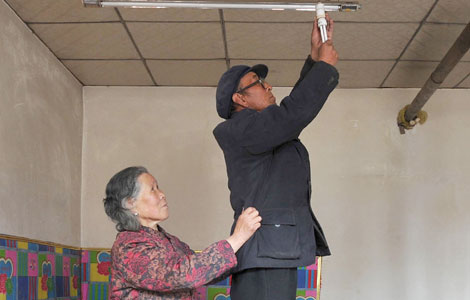
|
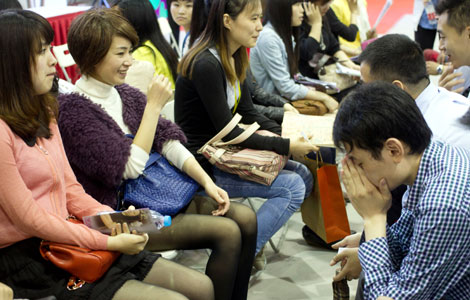
|
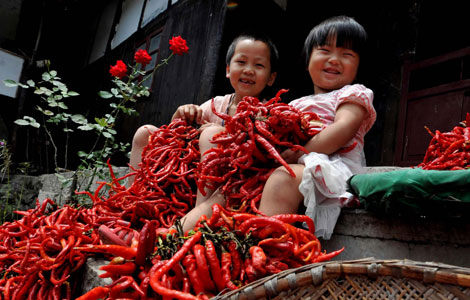
|
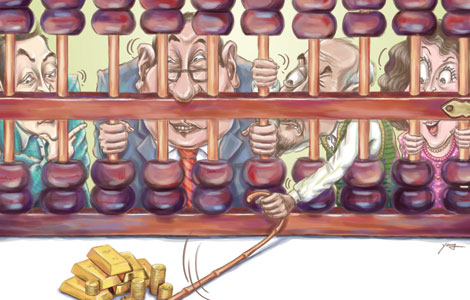
|

|
